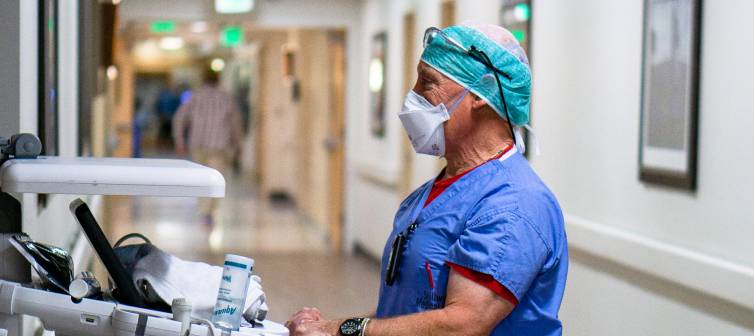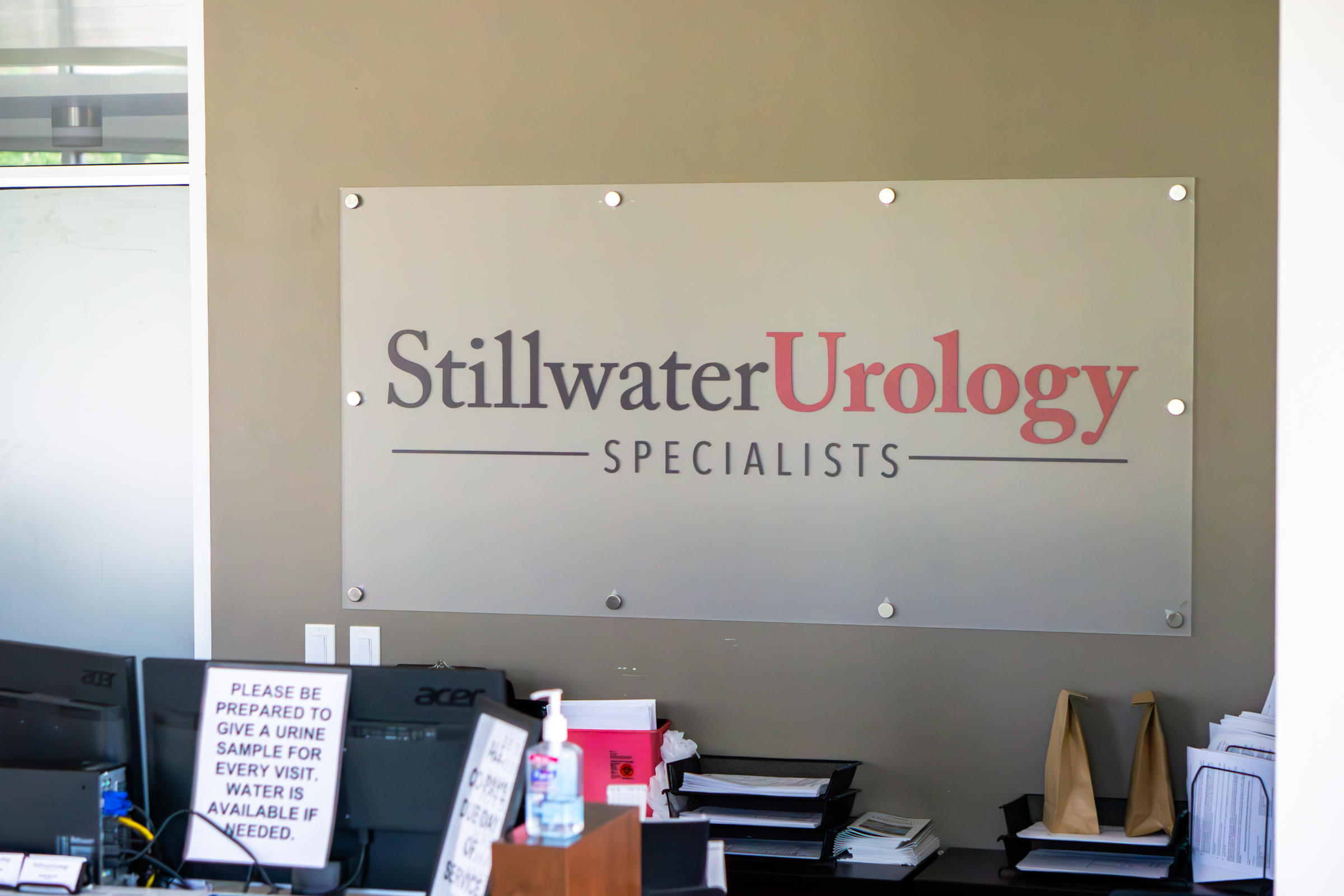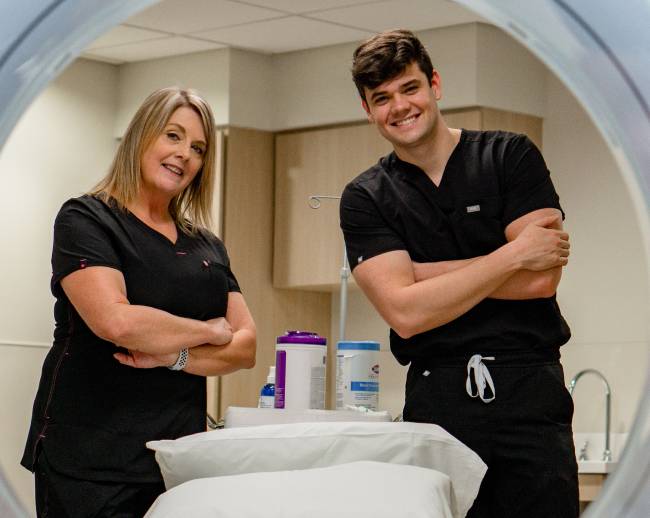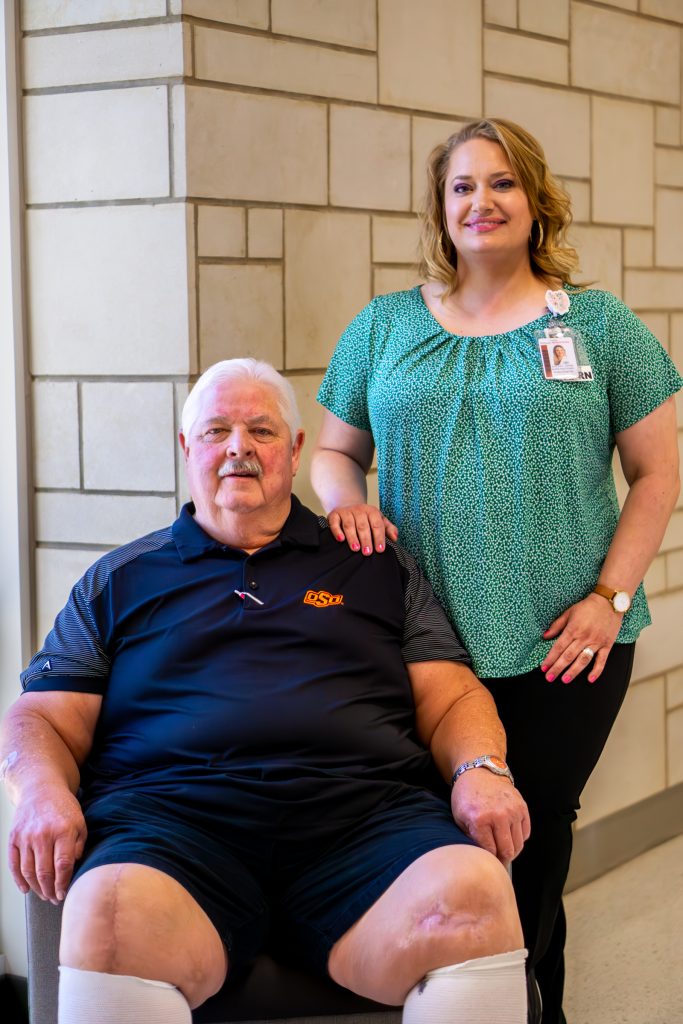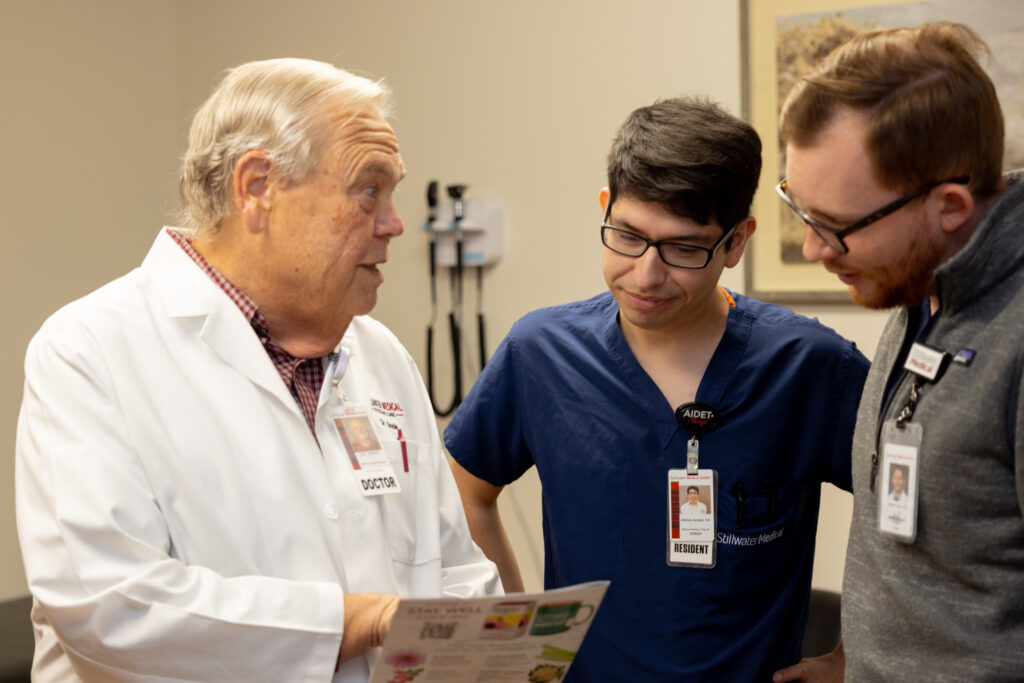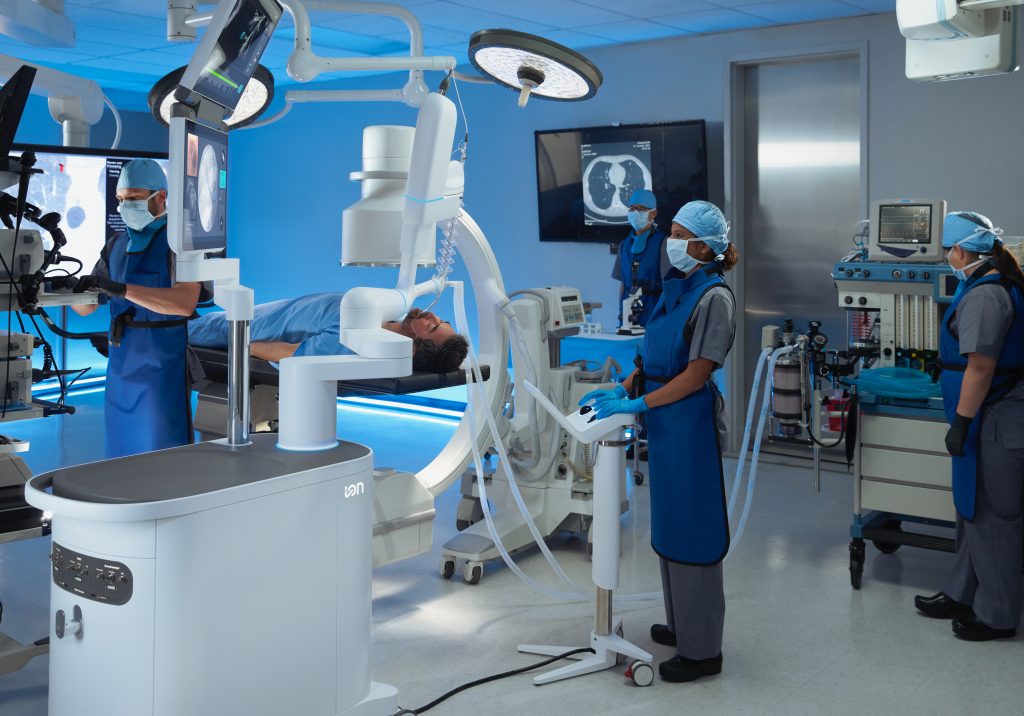
Stillwater Medical Center welcomes new technology to increase early detection of lung cancer – the leading cause of cancer death nationwide. This month, the hospital will install the Ion Endoluminal System (Ion), a robotic platform for minimally invasive biopsy in the lung. The Ion allows clinicians to perform robotic-assisted bronchoscopy with precise accuracy, leading to accurate, early diagnosis.
“Cancer is a disease where time is everything,” said Dr. Daniel Roton, a pulmonologist at Stillwater Medical Center. “What the Ion allows us to do is go after nodules that are more peripheral in the lungs and diagnose them earlier.”
Lung cancer claims more lives than breast, colon and prostate cancers combined. In Oklahoma, the situation is particularly concerning, as the state ranks poorly across several lung cancer metrics. According to the American Lung Association’s 2023 “State of Lung Cancer” report, Oklahoma has one of the lowest five-year survival rates in the nation at just 21.2%, compared to the national rate of 26.6%.
Early detection is critical, as survival rates increase dramatically when lung cancer is caught in its initial stages. Shortening the window between detection and diagnosis was a motivating factor in investing in this technology.
“In the past, we relied on our friends in radiology to do CT-guided external biopsies, which have a high rate of complications. The robotic bronchoscopy allows us to visualize and map out with 3D imaging where that lesion is peripherally so we can go after it and biopsy it with a much lower complication rate,” Roton said.
Ion uses unique shape-sensing technology and robotic-assistance to enable clinicians to navigate to nodules in all 18 segments of the lung and remove tissue for biopsy with precision and accuracy. Results from a meta-analysis show that when a biopsy is performed with Ion, a diagnosis is reached in 83% of cases. That figure represents the likelihood that tissue samples obtained during the procedure will provide physicians with information needed to establish a diagnosis.
Dr. Roton is a Stillwater native who recently joined the team at Stillwater Medical Center. He said he’s excited to build a robust lung cancer program in his hometown, working in coordination with the team at the Stillwater Cancer Center.
“Lung nodules are being found every day on a massive scale. There are just not enough pulmonologists or people in the healthcare field to keep up with the demand,” Roton said. “By providing this technology here, we’re keeping our patients from having to wait to be seen in Oklahoma City or Tulsa, which can make a real impact on survival rates.”
The Ion system will be fully operational by the end of November, and procedures are being scheduled now for patients who qualify. If you think you might be a candidate, speak with your primary care physician or call Dr. Roton’s office at 405-533-3010.
